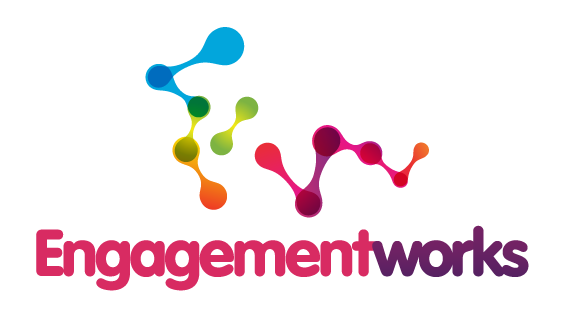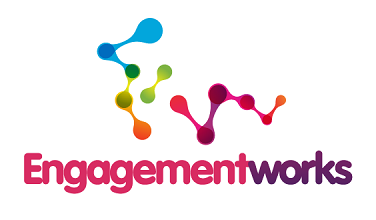Do people elect local body councillors and mayors because they expect them to be representative of their views? Are they looking for strong, incisive leaders? Or are people more interested in a safe pair of hands who they know will seek public feedback on preferences and priorities before they make decisions? Or will being a former famous sports star or talkback radio host with a memorable name be enough?
The answer, if the outcome to previous elections is any guide, will be “all of the above”.
As the triennial local body elections loom the season for incumbent and aspiring candidates to clamour for public favour begins. Media attention will inevitably focus on the mayoral races for the major cities with all other candidates being largely ignored, having to rely on their own wits, a famous name or political party endorsement to have any show at getting elected. This scenario takes regional councils off the media radar completely, because their chairs are elected by the councils themselves, not by citizen voters. Many voters are then convinced that the most important elected role in their parish is for the mayor.
A sad reality is that most electors don’t care who their local leaders should be. Elector turnout is falling at each election, with successful candidates being elected by a diminishing minority of registered voters.
Some may argue that elected representatives are largely a waste of time, as councils have legislation that requires them to engage directly with communities when anything contentious is planned. That argument may have merit if councils were sufficiently motivated to engage with communities at anything more than the minimum levels set out in the legislation they are governed by. In a lot of centres council meetings are more about providing profile-raising side shows for any media who attend, rather than meaningful discussion about advancing local communities. Most citizens understand that, which is probably another reason why they don’t vote.
There are more effective ways of engaging with communities than using newspapers to make announcements. If the only feedback councils receive is through a newspaper’s letters column, that opinion is not likely to be representative. Indeed those letters are probably written by the same handful of activists who also make formal written submissions when any opportunity for them to grandstand arises.
A sad reality is that this disinterest gives strength to lobby groups who are generally not representative of a wider community. Many of these groups are not legal entities nor do they have a formal process for engaging with people other than the council they want to influence.
So if the old adage of getting who you vote for is true, who do you get if you don’t vote and is that any real way of running a democracy?
The answer, if the outcome to previous elections is any guide, will be “all of the above”.
As the triennial local body elections loom the season for incumbent and aspiring candidates to clamour for public favour begins. Media attention will inevitably focus on the mayoral races for the major cities with all other candidates being largely ignored, having to rely on their own wits, a famous name or political party endorsement to have any show at getting elected. This scenario takes regional councils off the media radar completely, because their chairs are elected by the councils themselves, not by citizen voters. Many voters are then convinced that the most important elected role in their parish is for the mayor.
A sad reality is that most electors don’t care who their local leaders should be. Elector turnout is falling at each election, with successful candidates being elected by a diminishing minority of registered voters.
Some may argue that elected representatives are largely a waste of time, as councils have legislation that requires them to engage directly with communities when anything contentious is planned. That argument may have merit if councils were sufficiently motivated to engage with communities at anything more than the minimum levels set out in the legislation they are governed by. In a lot of centres council meetings are more about providing profile-raising side shows for any media who attend, rather than meaningful discussion about advancing local communities. Most citizens understand that, which is probably another reason why they don’t vote.
There are more effective ways of engaging with communities than using newspapers to make announcements. If the only feedback councils receive is through a newspaper’s letters column, that opinion is not likely to be representative. Indeed those letters are probably written by the same handful of activists who also make formal written submissions when any opportunity for them to grandstand arises.
A sad reality is that this disinterest gives strength to lobby groups who are generally not representative of a wider community. Many of these groups are not legal entities nor do they have a formal process for engaging with people other than the council they want to influence.
So if the old adage of getting who you vote for is true, who do you get if you don’t vote and is that any real way of running a democracy?

 RSS Feed
RSS Feed
